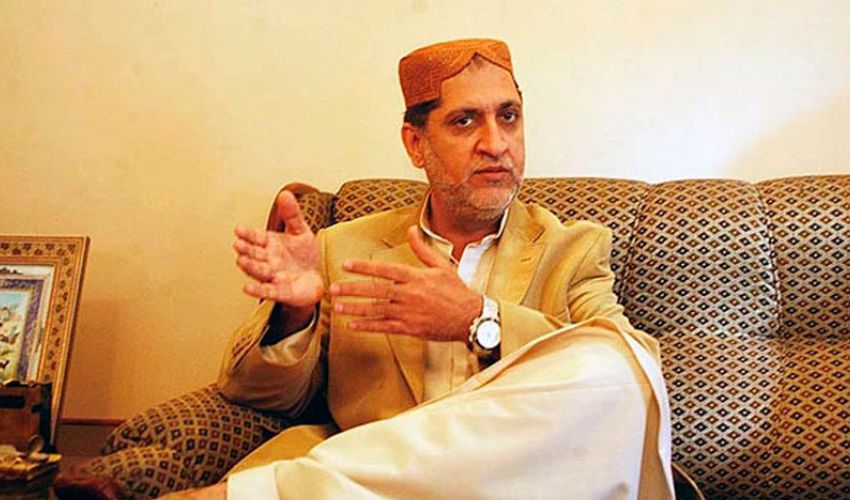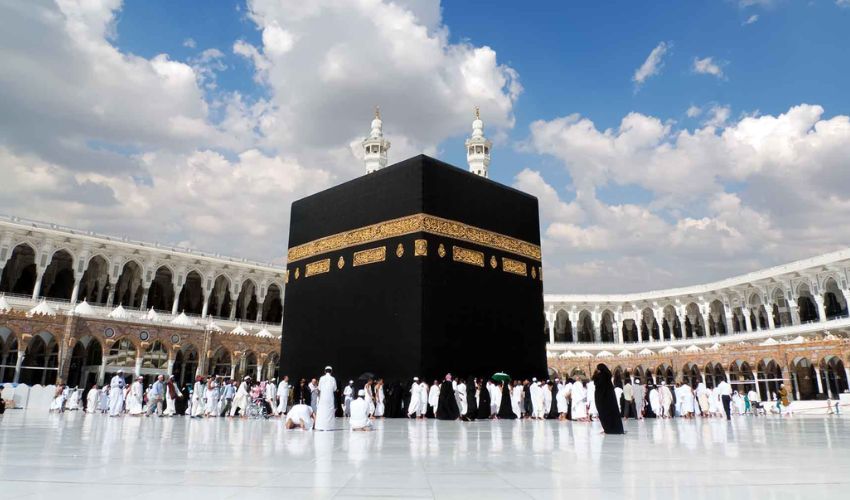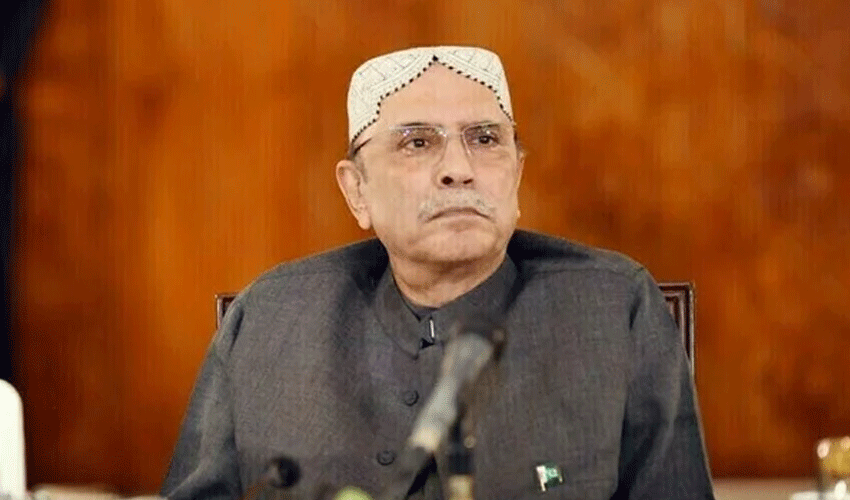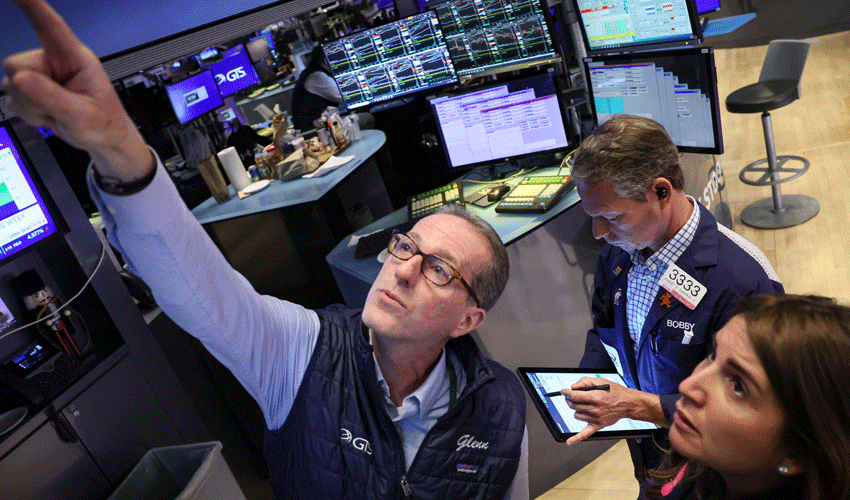Former CIA officer sarah adams made startling revelations about the International Advisory Group (IAG), claiming it had fabricated false reports of the deaths of ISKP leaders—Gul Murad Khalimov, Omar Farooq, and Qais Laghmani—in an effort to mislead the West.
According to adams, the IAG had misled global intelligence agencies, diverting attention from its covert operations.
Adams also previously uncovered that India had made payments of $10 million to the Taliban’s Ministry of Defence, with the intention of targeting militants in Pakistan, including Kashmiri, Khalistani, and other insurgent groups.
She expressed concern about the implications of these findings on global security.
"IAG's manipulation of the death reports of ISKP leaders was part of a larger strategy to deceive Western powers," adams stated. She emphasised that such actions were indicative of the IAG playing a dangerous double game, undermining international efforts to combat terrorism.
These revelations corroborated long-standing warnings from several circles in Pakistan, who had consistently cautioned that the IAG was engaging in covert activities detrimental to the region's stability.
The disclosure added weight to Pakistan's concerns that India had been conducting a secretive war through Afghan proxies.
Adams' exposé on IAG's role in spreading false information about ISKP leaders' deaths was further corroborated by testimonies from Western intelligence officers, confirming that such deceptive practices were part of a wider effort to obfuscate the true intentions of global powers involved in the region.
The unmasking of these networks has revealed a hidden web of terror, previously dismissed as mere accusations.
The revelations have escalated concerns about the growing nexus between India and the Taliban.
What was once seen as a regional issue has now emerged as a broader global security threat, as the true nature of the alleged counter-terrorism claims has been brought to light.
The silence of the IAG in response to adams’ disclosures has sparked further controversy, suggesting a deeper complicity in allowing terrorism to thrive under the guise of counter-terrorism successes.
The findings have raised questions about the IAG's true role in global security, casting doubts on its supposed achievements against ISIS and Al-Qaeda.



























